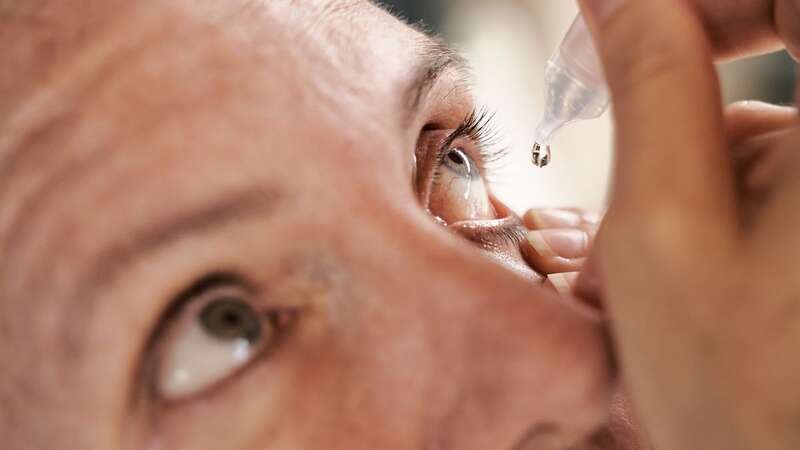A Brit has died amid a "superbug outbreak" linked to bacteria-contaminated eye drops.
Dozens more Brits have reportedly fallen ill after using AaCarb, Aacomer and Purpotics eye gels, which have been found to be contaminated with Burkholderia cepacia bacteria, an antibiotic-resistant bug.
The products have been pulled from the shelves in the UK amid an investigation, as a recent report by the UK Health Security Agency (UKHSA) said there had been 52 confirmed cases associated with the outbreak as of March 21, some of whom had blood poisoning.
The bacteria-contaminated eye gels are thought to have "contributed to the death" of one person, the health watchdog said. It provided no further details on the patient, including their age and gender.
Healthcare professionals have been told to stop supplying eye gels to certain patients, it is understood. The branded carbomer products are usually given to people suffering from dry eyes.
 Aldi's bestselling and 'affordable' fitness equipment event starts today!
Aldi's bestselling and 'affordable' fitness equipment event starts today!
But UKHSA believes the outbreak is now over, with most cases occurring last autumn when the three eye products were first recalled. The recall was a "precautionary measure" due to a "risk of adverse effects" to people with compromised immune systems.
Burkholderia cepacia complex (Bcc) is a group of bacteria widely found within the environment that are naturally resistant to many antibiotics. It rarely causes infections, but can severely sicken people with weakened immune systems and those living with cystic fibrosis, UKHSA said.
The Bcc outbreak affected people across the UK, peaking between October and November last year. The earliest case was flagged in January 2023 and there have been no more since February this year.
The youngest victim was a baby, while the oldest was 91 years old. Of the cases, 25 were assessed by UKHSA as being "clinically significant infections" brought on by Burkholderia cenocepacia.
As UKHSA explained: "The Medicines and Healthcare products Regulatory Agency (MHRA) has now received sufficient assurance from manufacturers and suppliers to conclude that products available on the UK market are safe to use and free of contamination.
"As of 21 March 2024, UKHSA, MHRA and the Incident Management Team are satisfied that the risk associated with this outbreak has reduced such that there is no longer need to avoid use of carbomer-containing lubricating eye products.
"Therefore, the recommendation to avoid use of all carbomer-containing eye products in individuals with cystic fibrosis, patients being cared for in critical care settings, the severely immunocompromised and patients awaiting lung transplantation has been stepped down."
Read more similar news:
Comments:
comments powered by Disqus


































